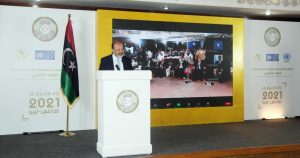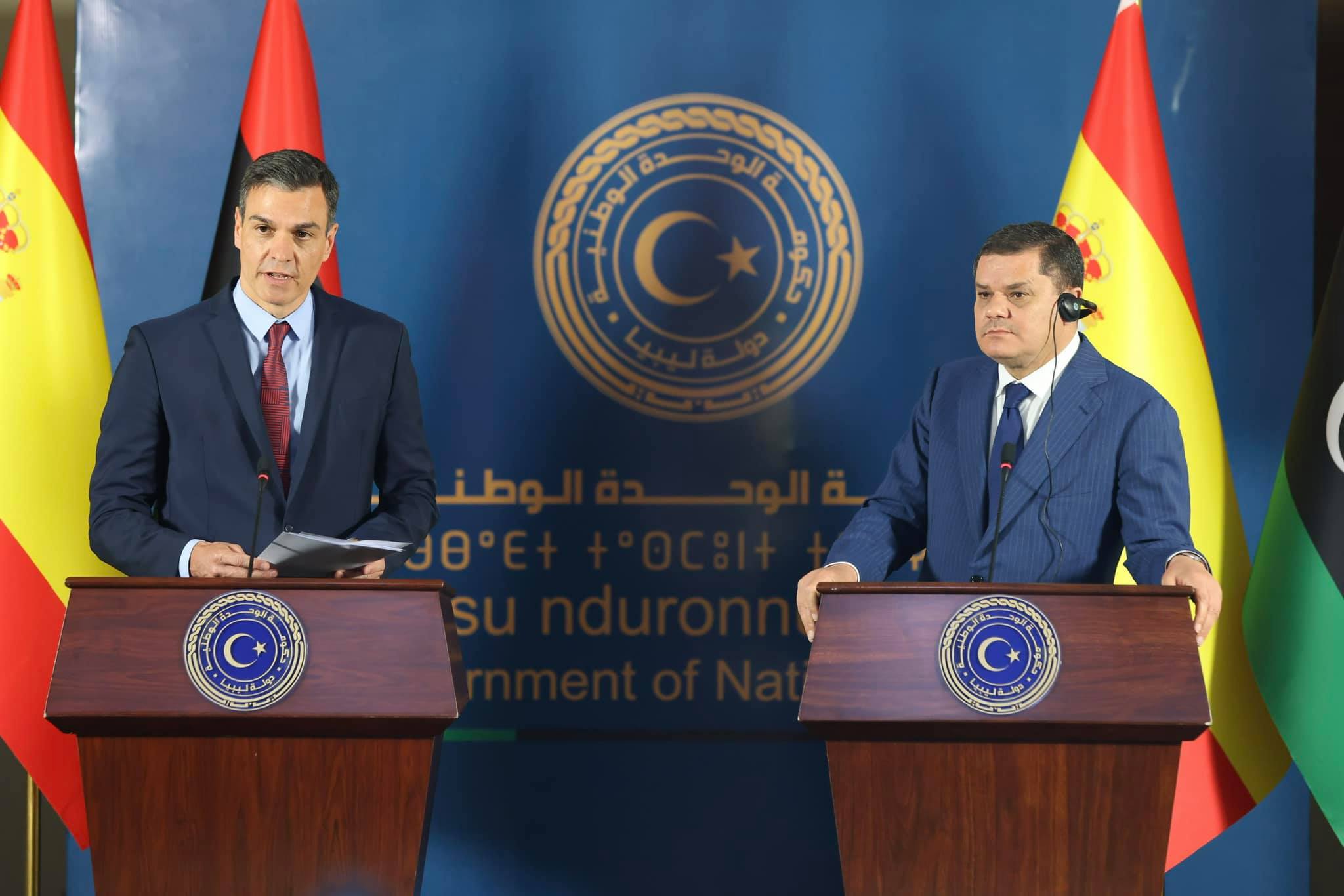By Sami Zaptia.

London, 3 June 2021:
Libya’s Presidency Council launched a series of workshops on national reconciliation last Monday.
Representing the United Nations in Libya, the Assistant Secretary-General, UN Resident and Humanitarian Coordinator for Libya Georgette Gagnon attended the event.
The initial two-day forum will cover several themes including the elaboration on basic principles of reconciliation, the structure of the High National Commission for Reconciliation and its sub-committees as well as its mandate, autonomy, and support needed to deliver its mandate.
Addressing the opening ceremony, ASG Gagnon affirmed the United Nations’ support to the Libyan authorities in establishing a comprehensive and inclusive national reconciliation process. “We recognize the importance of this initiative launched by the Presidency Council as essential for laying the groundwork for a longer-term national reconciliation process, but equally and as importantly, as needed to promote unity and social cohesion ahead of the December elections, as highlighted by the UN Security Council in its resolution [UNSCR 2570 (2021)] of 16 April,” Gagnon said.
She also asserted the UN’s position on the imperative that the national reconciliation process be Libyan-led, participatory, rights-based, and centred on the rights and needs of the many victims of human rights violations across Libya.
The United Nations in Libya congratulated the leadership of the Presidency Council in laying the foundations for a national reconciliation process that is grounded in key principles of justice and human rights which are critical to ensuring long-term peace and stability in Libya and reaffirms its full support to this Libyan-led process.
Reporting on the event, the Presidency Council said at the conclusion of the founding forum of the High National Commission for Reconciliation participants stressed the need to continue to establish the national reconciliation project, to address past mistakes and move towards the future, and to give priority to the language of tolerance and reconciliation, and to spread the culture of reconciliation among the Libyans.
Participants also called on all media and religious platforms, schools, universities and social media, to start spreading this culture, and to abide by all that spares Libyans feelings of hatred.








